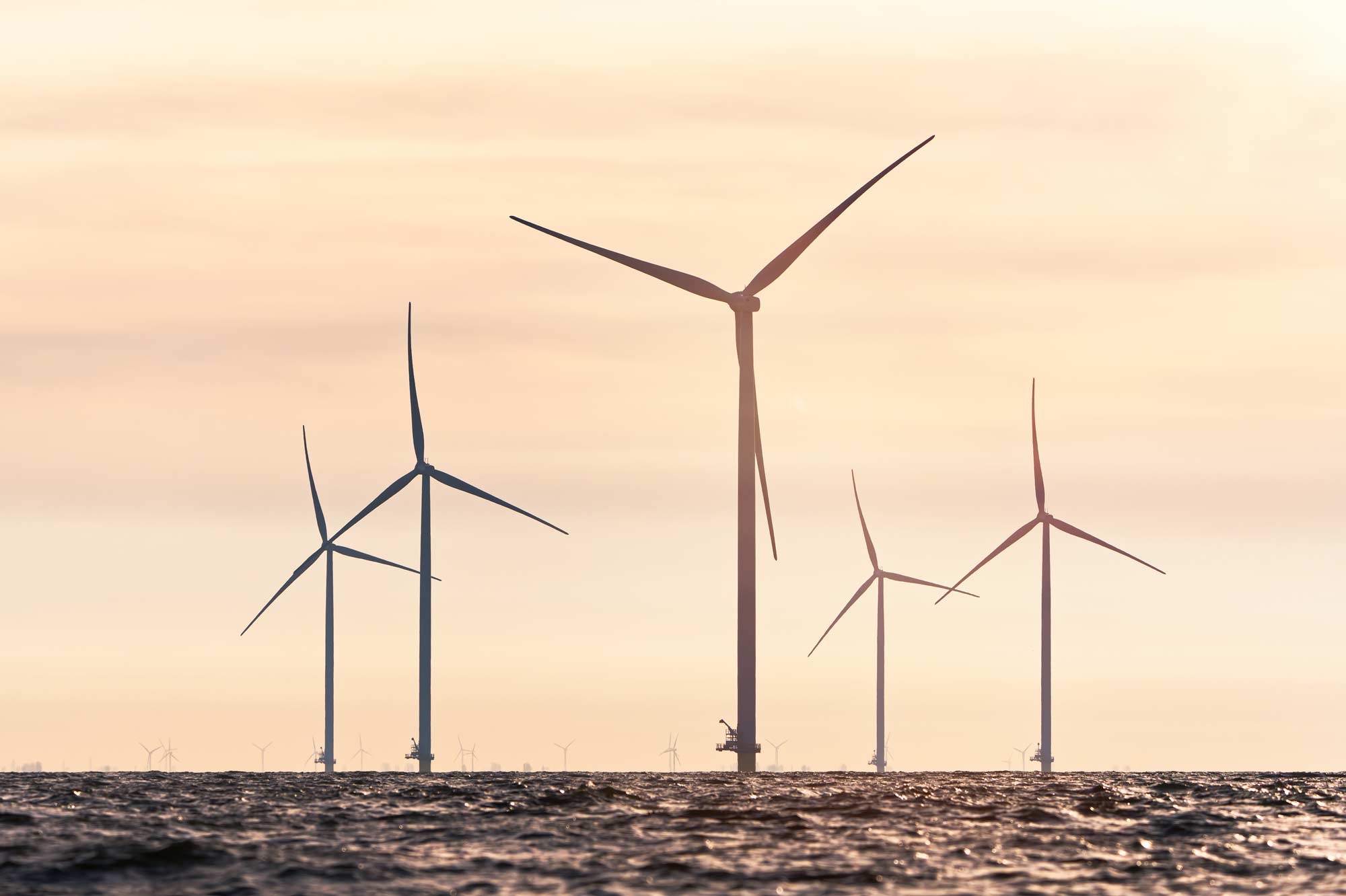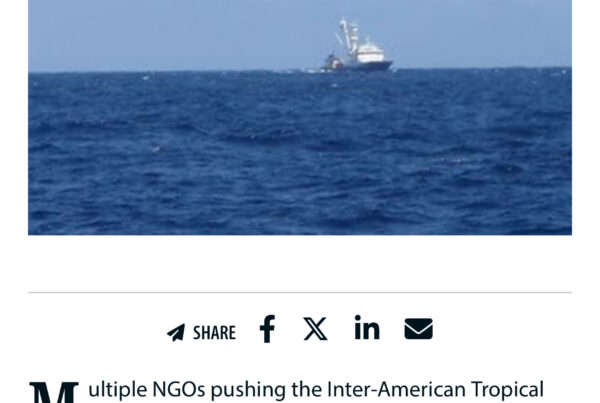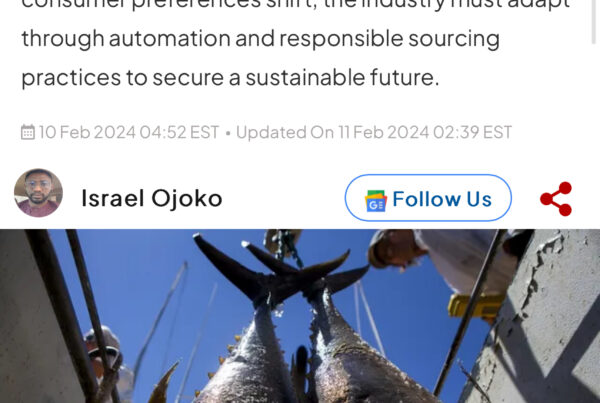As developers try to dump their contracts, ripple effects expected
EVERY COUPLE OF DAYS a picture surfaces out of New Bedford showing ships bringing in the giant parts needed to assemble Vineyard Wind, the nation’s first commercial-scale wind farm.
The eye-catching images are a reminder that offshore wind is coming, but of late the news about the fledgling industry suggests the rollout is going to be a lot slower than predicted. Four major offshore wind developers in Massachusetts and New York say their signed contracts to deliver electricity are no longer adequate to secure financing for the projects given the runup in interest rates, inflation, supply chain disruptions, and the war in Ukraine.
The shifting economic winds are having a cascading effect. The developers say they need more money to build their wind farms, which is putting regulators in a very awkward situation. States need the wind farms to have a chance of meeting their climate change goals, but giving in to the demands of the developers could set a dangerous precedent and translate into much higher prices for electricity ratepayers.
It’s a high-stakes, high-cost situation with no easy answers – and no obvious bad guy to take the fall for a major economic shift that has set the offshore wind industry on its heels. “The world really did change and now everything is different,” said Evan Horowitz, executive director of the Center for State Policy Analysis at Tufts University.
Vineyard Wind doesn’t appear to be affected that much because its power purchase agreement was approved in April 2019 and its contracts for wind turbines and other parts were signed before Russia began its invasion of Ukraine in February 2022.
SouthCoast Wind and Commonwealth Wind came along later, in two separate procurements that weren’t finalized until May 25, 2022. Four months later, Commonwealth Wind was raising alarms about deteriorating economic conditions and a month later in October told state regulators its project was no longer viable without pricing adjustments. The Department of Public Utilities brushed the concerns aside and approved the power purchase agreements on December 30, 2022.
Gov. Maura Healey and her administration have been very circumspect about what should be done. Healey as attorney general opposed a plea from the wind farm developers to reopen and tweak the contracts to make them viable. So did then-governor Charlie Baker, who said “there’s no such thing as a do-over and there shouldn’t be.”
Once she became governor, Healey opened the door to “contract modifications,” but by that time Avangrid, the company behind Commonwealth Wind, had decided it was going to seek to terminate its existing contract and rebid the project in a procurement scheduled for next year.
In a February 27 letter to Avangrid CEO Pedro Azagra, Rebecca Tepper, Healey’s secretary of energy and environmental affairs, seemed irked at the company’s stance.
“As you know, the procurement process entails risk that project costs will change between contract execution and commercial operations. Bidders assume these risks and cannot in good faith anticipate that ratepayers will absorb higher costs if macroeconomic conditions change. Offshore wind is a critical industry for the Commonwealth, and it is essential that the procurement process for offshore wind remain fair, open, and competitive. As we are still in the infancy of what will be a major industry in the Commonwealth, I am committed to establishing procurement processes that do not reward developers for backing out of their commitments. The impact that tactic could have on ratepayers is one of the many concerns that will drive our design of the procurement process as I seek to ensure robust competition and fairness,” she wrote.



